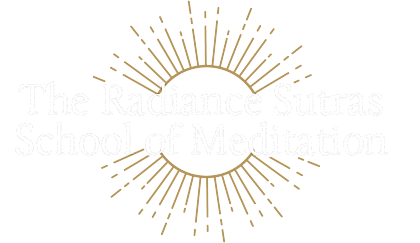One amazing thing about meditation, the way we teach it, is that you can have a person come into a physiology lab, get wired up, and when they start meditating, you can measure dramatic physiological changes. Basically the body goes into a state of deep relaxation and restfulness. Brain waves change, metabolism changes, blood chemistry changes.
Overall the picture is very simple and common-sense. Meditation is the mirror opposite of the stress response. Of course nature would build such a thing into our instincts, as a way to recover, and speedily adapt to change.
Meditation is a way of entering a very relaxed and restful state quite rapidly, so that the body and mind can recover from stress and get ready to re-emerge into action. Both the "stress response" and the "meditation response" are aspects of the adaptive genius nature built into our bodies.
By 1968, there were a couple of million people just in the United States practicing meditation in the style I learned and was in training to teach, and many of us made ourselves available to go into research labs to be measured. You need a large pool of people to get that tiny percentage would would be willing to do this. So good physiological research started to be done. I have the scars on my wrists from the catheters they inserted to measure things like blood flow, and hormone levels, as impacted by meditation moment to moment.
As we discuss in the training, meditation creates a response in the body that is the mirror opposite of the stress response. What we call "meditation" is a set of ways for activating recovery mode. Meditation is not some isolated special thing, apart from living. It is really just a name we give to a set of brilliant moves in our body-senses-heart-mind system that serve the purposes of recovery, learning from experience, adaptation, and evolution.
The modeling in science, as with the whole field of meditation, is still in progress. Everyone is using outmoded language. For example "stress" is not negative, it is just a name we give to what we feel when we sense any challenge. The stress "response" is not one thing, such as adrenaline, rather it is a range of responses designed to help you to function better in facing whatever the challenge actually is. We should probably differentiate 20 or 50 different nuances of the stress response, from mild excited interest, to a somewhat more enhanced alertness, "heads up!" on through increasing levels of alarm and emergency.
Here is a place to start in reading about the research on meditation. This line of study began with Herbert Benson, M.D., a cardiologist at Harvard Medical School, in 1968.
This is the gist:
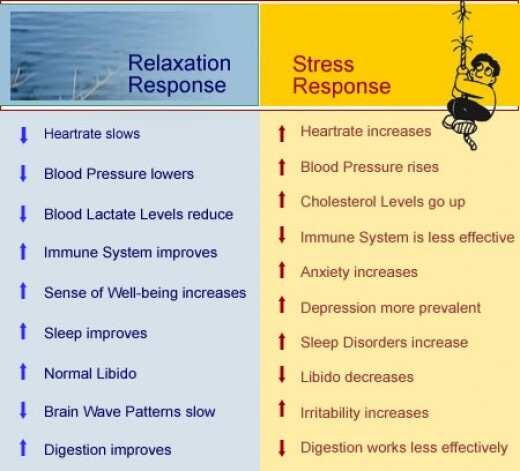
All these books are readable and cite the hundred or so published studies on the physiology and health benefits of "the relaxation response"as measured by Benson and the team that assembled around him.
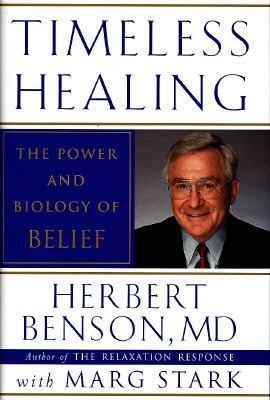
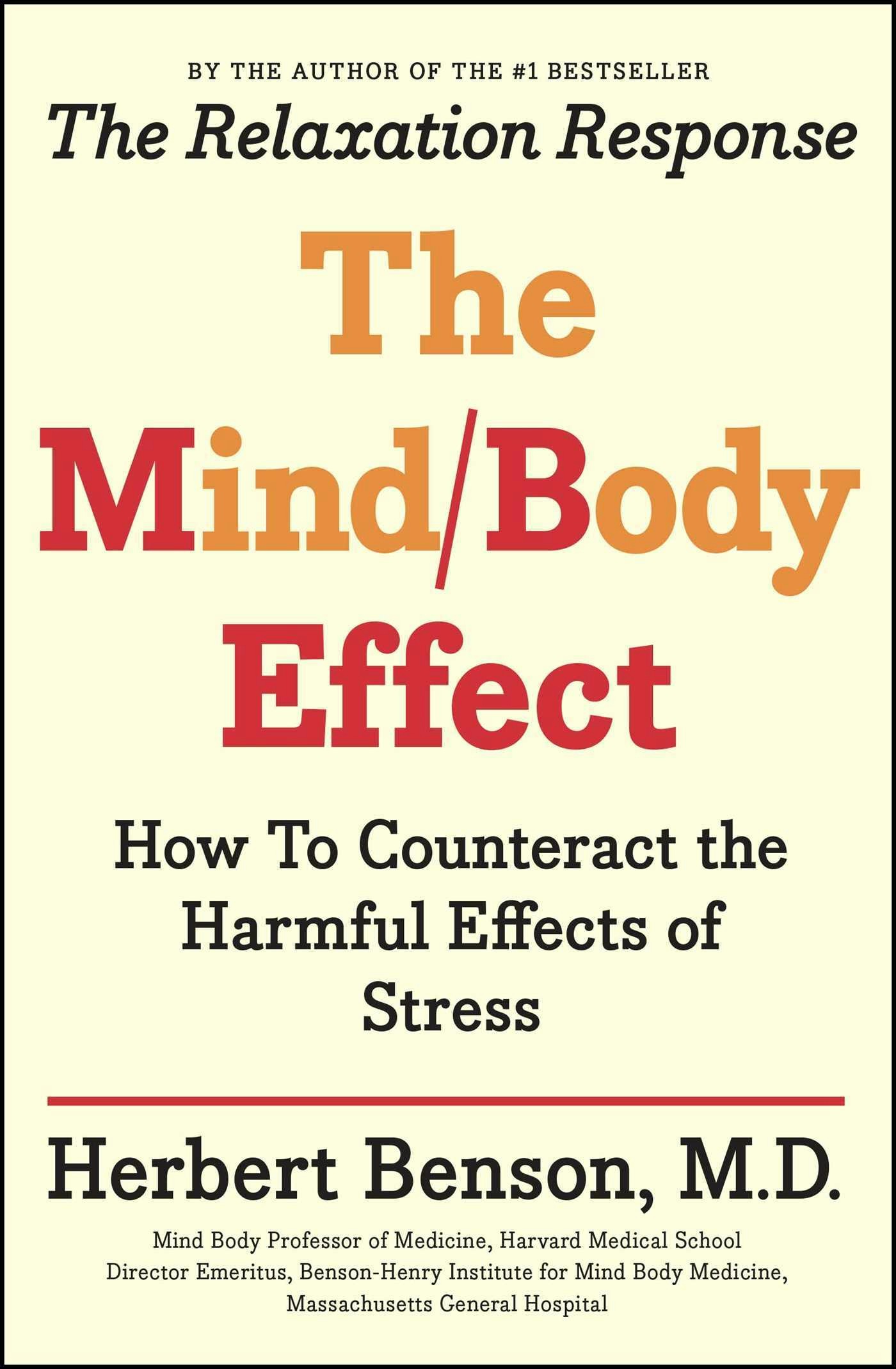
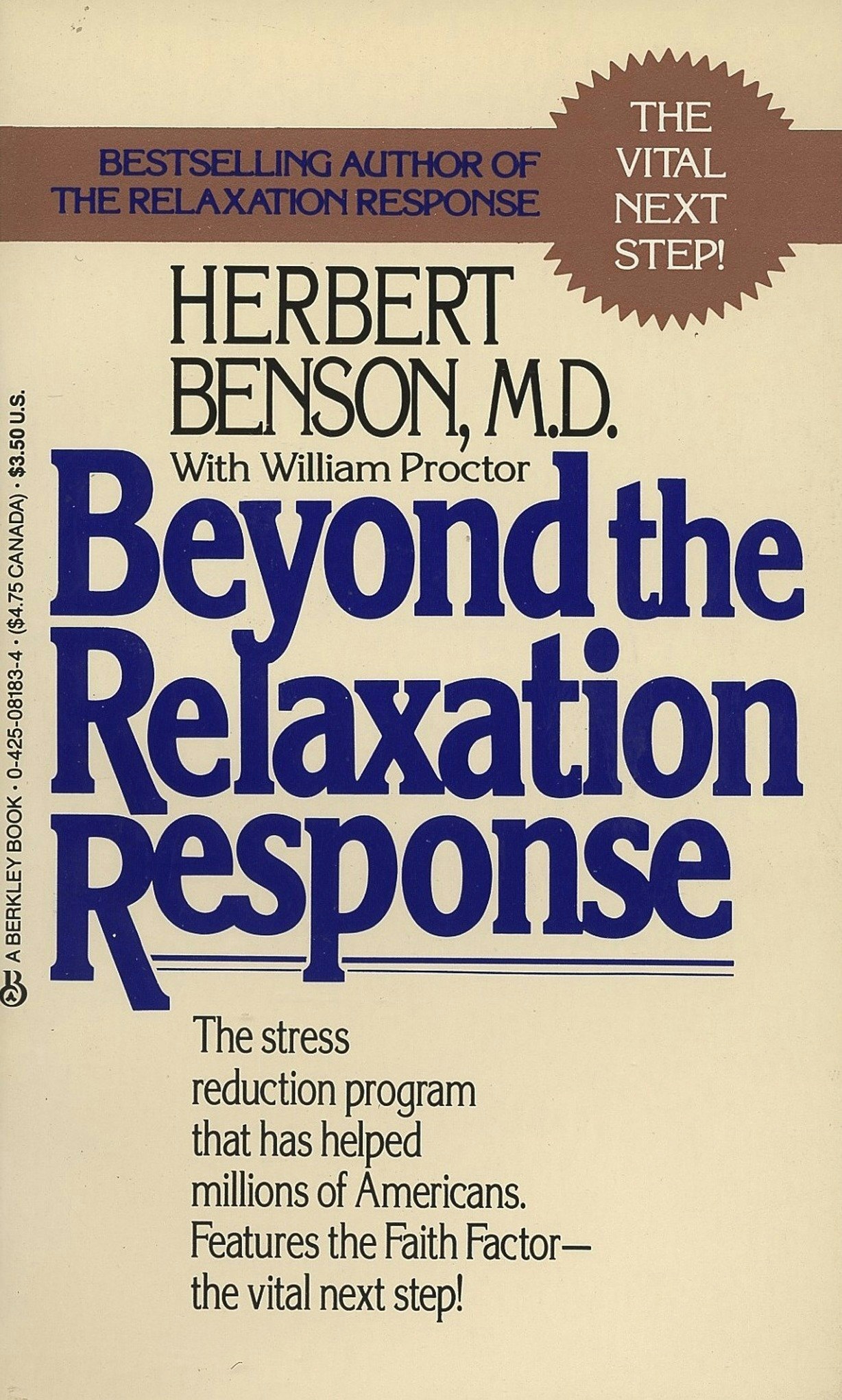 —Dr Lorin Roche
—Dr Lorin Roche
